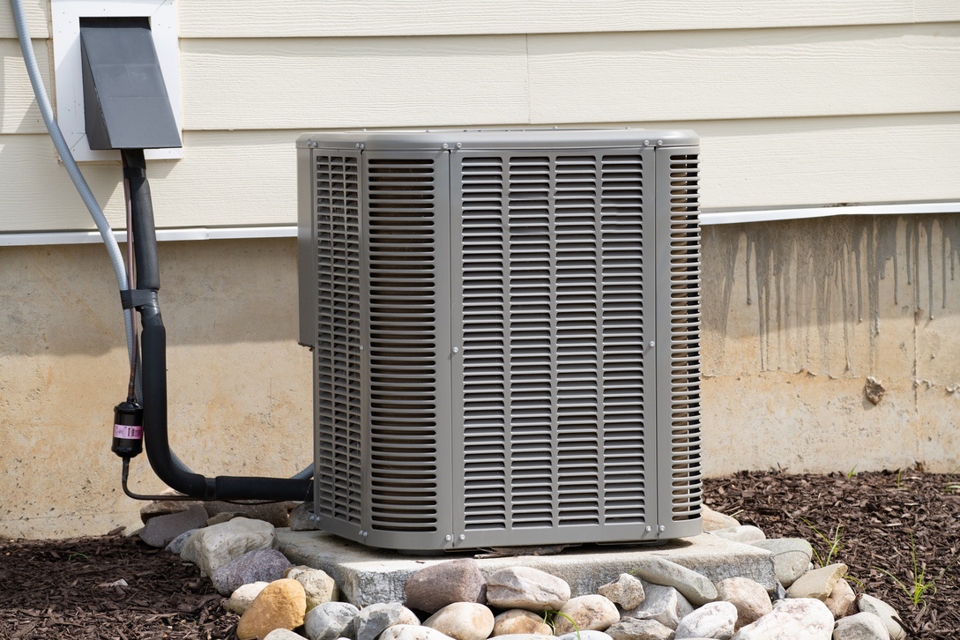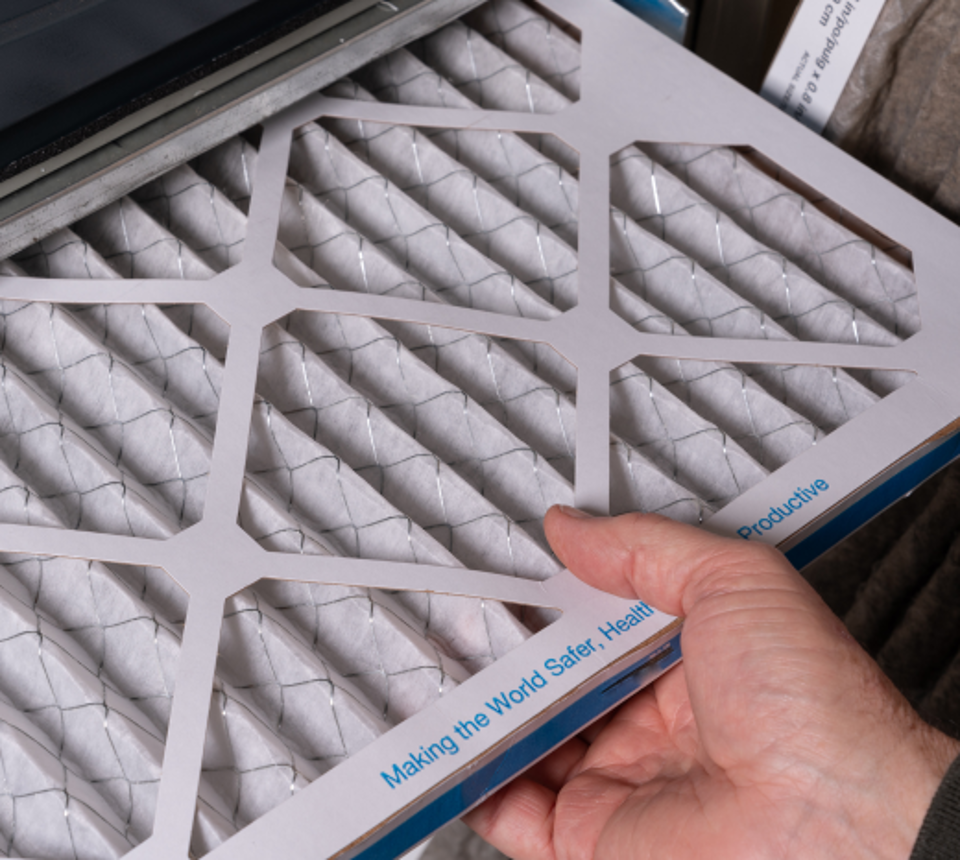Heating is critical for residents of the Cornhusker State, where winters are frequently cold and long. But choosing the right kind of heating system for your home can be a challenge—unless you know a little bit about your options. And the good news is, we’re here to help with that!
Our team at Star City performs all kinds of heating installations in Nebraska, including both central furnace systems and heat pumps. Below, we run through the pros and cons of each kind so you can make an informed decision about your next piece of home heating equipment.
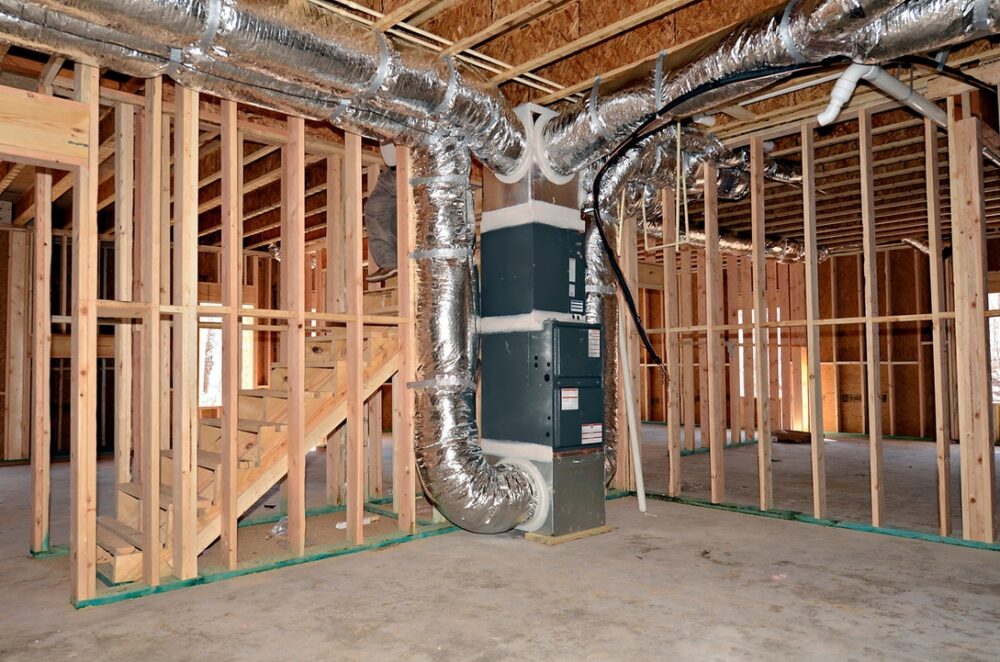
Key Differences Between Furnaces & Heat Pumps
Furnaces and heat pumps are two distinct types of heating systems that use different processes to keep homes warm. Here’s a breakdown of how each kind works:
Furnaces
A furnace, typically powered by natural gas, propane, or electricity, generates heat by combusting fuel or using electrical resistance. It then distributes the produced heat through ductwork and around your home.
Furnaces work by:
- Drawing in cold air
- Heating it via the heat exchanger
- Distributing the warmed air throughout your home via ductwork
Gas furnaces typically have an Annual Fuel Utilization Efficiency (AFUE) rating between 89-98%, with higher percentages indicating greater efficiency.
Heat Pumps
A heat pump, on the other hand, doesn’t generate heat; it moves it. By using refrigerant, it extracts heat from the outside air (or ground, in case of geothermal heat pumps) and transfers it inside your home during winter. In summer, the process is reversed, thereby providing cooling as well.
Here’s a simplified overview of the refrigerant cycle in a heat pump:
- In heating mode, the outdoor coil acts as an evaporator. The refrigerant absorbs heat from the outside air, even in cold weather, and evaporates into a gas.
- Pressure is then added to the refrigerant gas by the compressor. This process increases the temperature of the refrigerant.
- This high-temperature gas then moves to the indoor coil, acting as a condenser. The refrigerant releases its heat, warming the indoor air. As it loses heat, the refrigerant changes back into a liquid state.
- The refrigerant, now a high-pressure liquid, is expanded and cooled further as it flows through the expansion valve. It then returns to the outdoor coil, and the cycle repeats.
Unlike natural gas, heat pumps almost always use electricity as their primary power source. The efficiency of a heat pump is measured in terms of the Coefficient of Performance (COP) or Heating Seasonal Performance Factor (HSPF). Modern heat pumps can have HSPF ratings from 7.7 to 10.
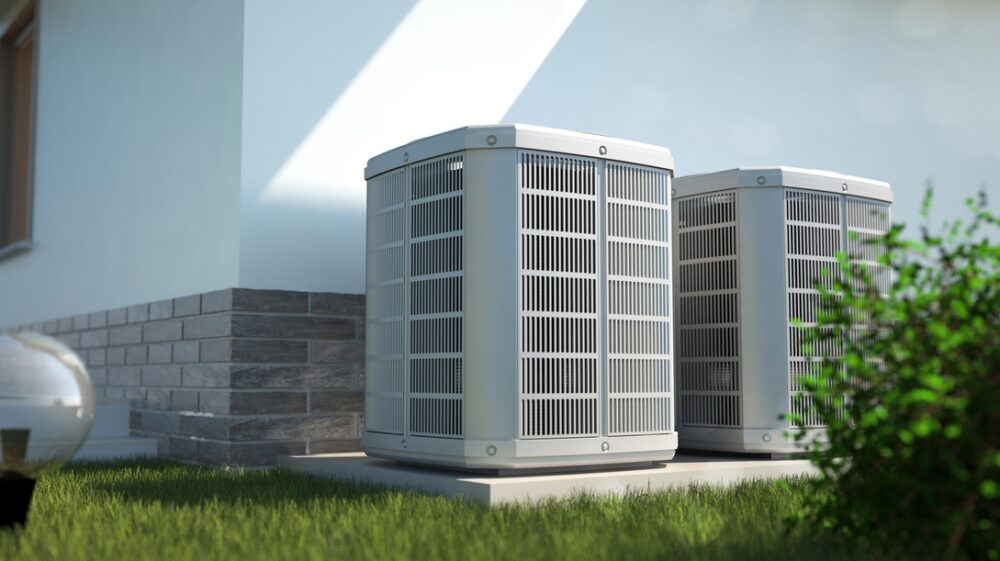
Advantages & Disadvantages
Both types of heating equipment have their pros and cons. Here’s a quick breakdown:
Furnaces
Pros
- Can produce high amounts of heat, making them useful in colder climates
- Typically have a longer lifespan of about 15-20 years
Cons
- Only provide heating and require a separate system for cooling
- Are less energy efficient than heat pumps (except in particularly cold temperatures)
Heat Pumps
Pros
- Energy efficient in moderate temperatures
- Can provide both heating and cooling
- Can be cheaper to run because they transfer rather than generate heat
Cons
- Efficiency decreases at around 40°F or below
- Require an emergency backup heat source for below freezing temperatures
- Usually have a shorter lifespan of about 10-15 years
What to Consider When Choosing a Heating System in Nebraska
When choosing a central furnace or heat pump for your home, make sure to take the following factors into account:
- Budget: Think about what you’re willing to spend upfront on heating equipment. Central furnaces generally have lower installation costs than heat pumps, so you’ll want to consider what you can afford.
- Installation Company: Choosing the right installers for your new heating equipment helps ensure smooth and efficient performance. Experienced professionals like our team have the skills and knowledge to avoid sizing mistakes or leaks when we install your system, preventing energy from being wasted when you run the unit and reducing wear and tear over time.
- Lifestyle and Needs: Everyone has their own specific comfort preferences and routines, so you’ll want to make sure you’re investing in heating equipment that can satisfy them. Our team is happy to provide personalized recommendations based on your needs.
- Timing: Upgrading your heating system is a significant investment, but it’s usually better than waiting until your current system is on its last legs. If you’re experiencing discomfort, constant breakdowns, or energy efficiency problems with your present model, getting a new heating system is probably the most cost-effective choice.
- Home Size and Layout: Larger homes or those with a complex layout may require a more robust heating system. High-efficiency gas furnaces are often best-suited for these homes due to their ability to consistently produce heat in large amounts. However, if your home is open-concept or smaller, a heat pump could effectively provide both heating and cooling.
- Fuel Availability: In Lincoln, natural gas is readily accessible and more affordable per unit than electricity. This availability can make gas furnaces an economical choice for homeowners. However, if you’re in a rural area of Lincoln where natural gas isn’t as accessible, or if you prefer to leverage renewable electric sources, a heat pump might be a practical choice.
If you do purchase a heat pump, you may also want to consider having a backup heat source. This is because heat pumps only function effectively down to a certain temperature, and require supplementary heating equipment in extreme cold.
Heat pumps can be paired with gas furnaces or electric air handlers to provide additional heat when needed. Air handlers are the most common choice for most Nebraska homeowners, but it depends on what fuel source is currently in the home as well as other factors. If you are considering a heat pump for your home, our team will be happy to recommend appropriate heating equipment as a cold-weather failsafe.
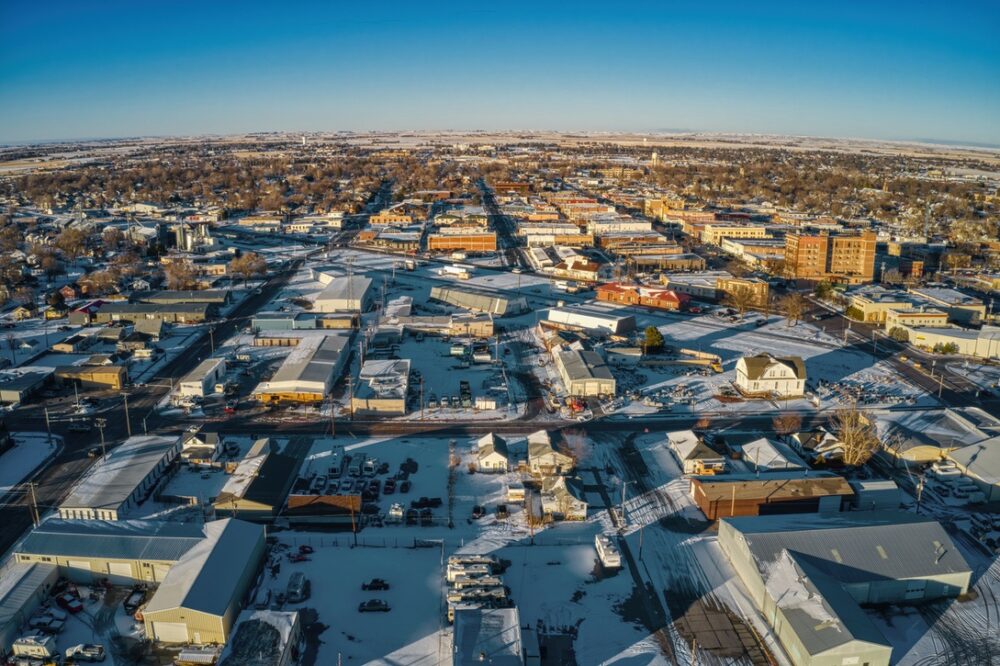
Frequently Asked Questions About Heat Pumps vs. Furnaces in Nebraska
What Are the Upfront Costs & Long-Term Savings of Heat Pumps vs. Furnaces?
Upfront costs for furnaces can range from $2,000 to $5,000, depending on size and efficiency. For heat pumps, the cost can vary from $4,000 to $7,000. While heat pumps tend to be more expensive upfront, they can also lead to more savings in the long run due to their energy efficiency.
Can Heat Pumps or Furnaces Impact My Indoor Air Quality?
Both furnaces and heat pumps can contribute to dry indoor air, which can cause discomfort. Regular maintenance, including changing filters, can help maintain good indoor air quality.
It’s also advisable to add a whole home humidifier to your HVAC system if you want to restore moisture to the air in your home—this can help eliminate feelings of dry skin and lessen the effects of some respiratory problems.
Finally, consider adding a Reme Halo to purify your home’s air. This will destroy bacteria and other organic matter that can contaminate air as it circulates throughout your home.
What Maintenance Requirements Do Furnaces & Heat Pumps Have?
Both systems should ideally be serviced annually. For furnaces, this includes checking and cleaning the burner, heat exchanger, and blower motor. Heat pump maintenance involves checking the refrigerant level, coil cleaning, and ensuring all electrical and mechanical components are in good condition.
Regular maintenance ensures optimal operation, prolongs the lifespan of the equipment, and helps prevent costly repairs or replacements. It is crucial to get a professional to do these checkups, as they have the knowledge and tools to ensure your system is safe and efficient.
What Is the Environmental Impact of a Furnace vs. A Heat Pump?
Furnaces, particularly those running on fossil fuels, generate more greenhouse gas emissions compared to heat pumps. Electric heat pumps are more environmentally friendly, since they primarily use electricity to move heat rather than burning fuel to create it, leading to lower emissions.
Learn More & Make an Informed Choice About Your Home Heating System
The more you learn about both kinds of heating equipment, the easier it will be to choose one and be satisfied with the outcome. Here are a few ways to learn more:
- Find Rebates and Incentives: Local utility companies, state programs, and federal tax credits can offer incentives for energy-efficient heating systems. The Database of State Incentives for Renewables & Efficiency (DSIRE) is a comprehensive source of information on this topic. However, our consultants will go over these with you during the quote.
- Consult a Professional: Having our consultants visit your home is often the best way to estimate how much energy it uses, where energy is being lost, and which problem areas and fixes you should prioritize to make your home more energy-efficient and comfortable. We consider the condition of your ductwork, your windows, the placement of your units, and more.
- Contact Star City: Our team of home comfort experts at Star City Heating & Cooling not only provides installation services but also offers professional advice based on extensive experience and understanding of local climate and building norms. Give us a call to get a personalized recommendation on the best kind of heating equipment for your home.
The post Furnaces vs. Heat Pumps: The Pros & Cons For Each (Nebraska Edition) appeared first on Star City Heating & Cooling.




